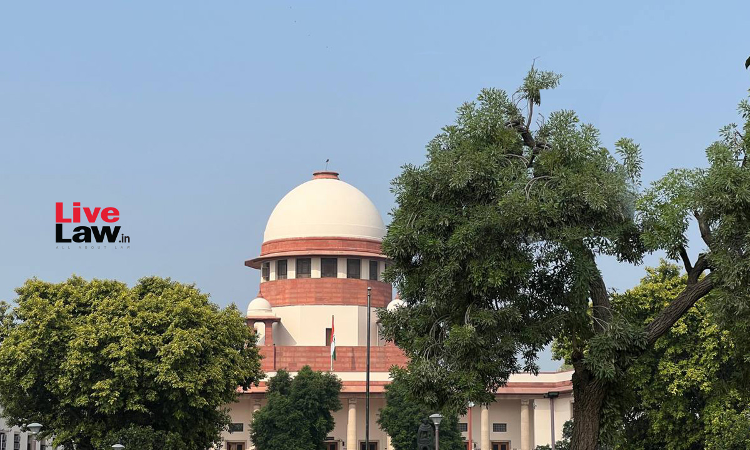'Limitation Period Of Three Years Expired' : Supreme Court Sets Aside Court Martial Proceedings Against Army Officer
Ashok KM
9 Nov 2022 10:49 AM IST

Next Story
9 Nov 2022 10:49 AM IST
The Supreme Court set aside a court martial proceedings against an army officer on the ground that it was barred under limitation prescribed under Section 122 of the Army Act. In this case, a colleague of Col Anil Kumar (appellant), wrote a letter on 13.08.2015 to his superior in which he alleged that the appellant was sending indecent messages to his wife which were sexually explicit in...
